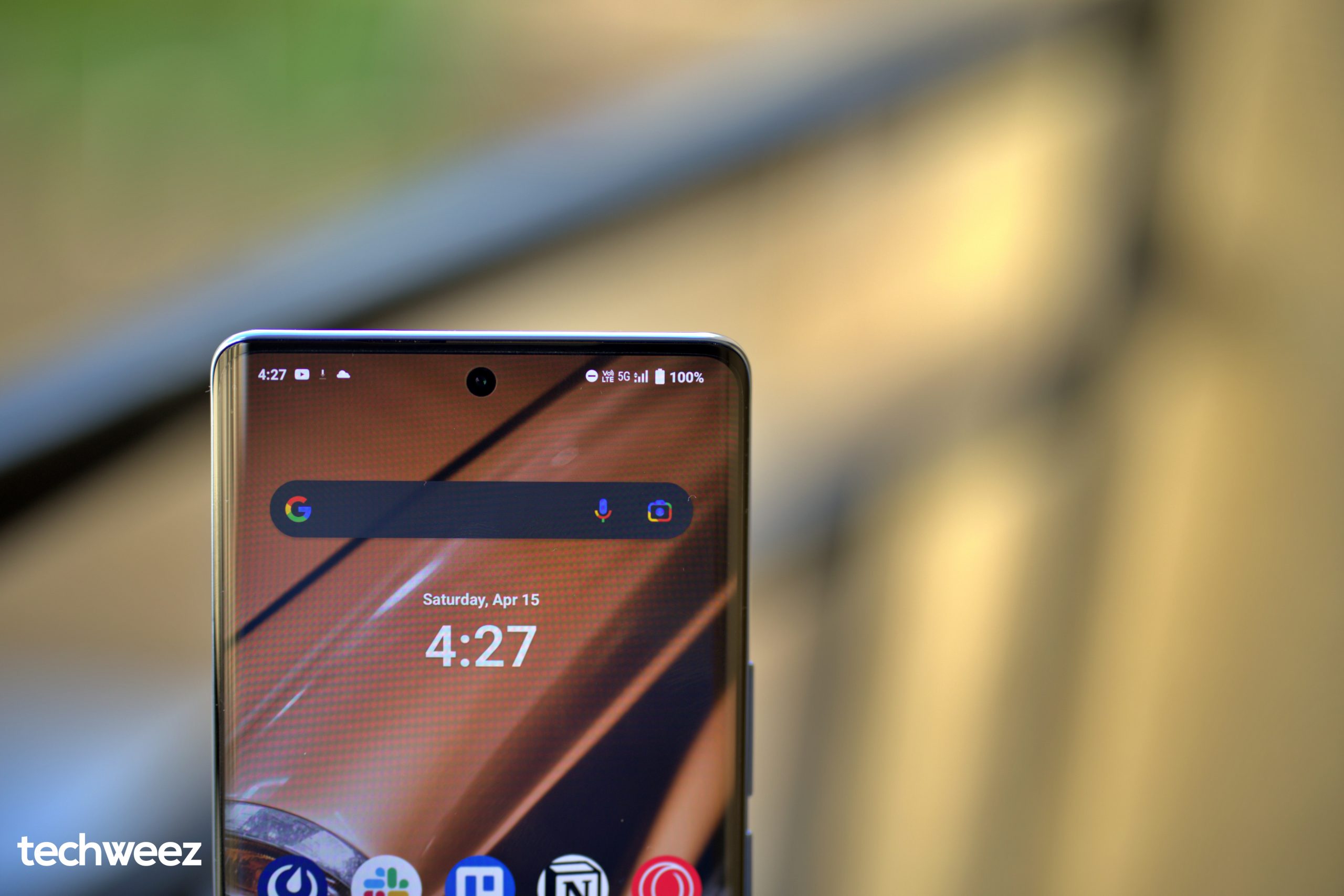The SIM card registration or re-registration exercise has been an issue among millions of Kenyans. It is a process that is not limited to Kenya, but other African countries as well, including Nigeria and Ghana. However, the local case has since received backlash for a number of reasons – but are they warranted, bearing in mind that many Kenyans understand what happens when SIM cards are registered fraudulently, or that there are laws that have since been put in place to see that all SIM cards are registered based on stated procedures?
The Kenya Information and Communications (Registration of SIM Cards) Regulations, 2015
This Act has been around for more than six years. It has also been pushed by the ICT regulator to see that all SIM cards in Kenya are correctly and accurately documented.
So, what does the law say? Well, here are some key takeways from the Act?
- It is an offense for a telco or agent to register a person as a subscriber in a manner that does not comply with regulations. For instance, a telco must keep a record of all its agents, all SIM cards sold to its agents, the registered subscriber made by the telco and its agents, and any other changes.
- According to the Act, the following particulars must be provided when registering a SIM card: full names, date of birth, ID/service card/passport or alien card number, gender, physical address, postal address where available, any other registered number, copy of the said IDs, and copy of a birth certificate in case of a minor.
- Where within ninety days a person fails to register identification particulars, the SIM card is blocked by the telco.
For additional details about the Act and what the regulations say in terms of penalties for telcos or people who give false information when registering SIM cards, you can read the document here.
Online Portals
At the start of the year, Kenyans were reminded by the CA to ensure that their SIM cards are properly registered. This could and is still done for telco care centre offices or their agents.
Safaricom has over 200,000 MPESA agents countrywide, as well as more than 500 specific areas (churches, learning institutions, etc).
Airtel Kenya has over 50,000 agents and 1300 official shops.
Airtel and Telkom Kenya provided an online portal for the exercise, but at that time, Safaricom advised their customers to visit their agents or a customer care shop. This was not convenient for many, bearing in mind that Safaricom required to take customer photos as part of the registration exercise. Other telcos did not ask for a subscriber image.
According to Nicholas Mulila, Chief Corporate Security Officer at Safaricom, the additional requirement of taking people’s photos as part of their stringent moves to enhance the security of resources and customers’ data in their efforts to eliminate cases of people impersonating others and MPESA fraud cases.
At the same time, CA Director-General Ezra Chiloba added that this was something that would be required of all telcos in the near future and Safaricom’s extra effort was not in bad faith.
However, two things have since changed:
- There is an online portal where customers can update their Safaricom SIM card details. It works well and as advertised.
- Safaricom is no longer asking for customer images during this exercise. However, as soon as 2023, this could be mandatory across all carriers.
In Other Countries
As said, the Kenyan case of SIM card re-registration is not limited to the country.
For instance, Nigeria blocked more than 75 million SIM cards whose owners could not make calls. The country has nearly 200 million registered SIM cards.
In late 2020, the Nigerian government had asked operators to link SIM cards to the nation’s National Identity Number to address cases of SIM card fraud and insecurity.
Similar to Kenya, the Nigerian government extended the deadline for the exercise until this month when the said SIM cards were switched off.
Also, back in 2015, MTN Nigeria was heavily fined for irregularly onboarding SIM card holders onto its network. The telco paid $5.2 billion in fines.
A month ago, Zambia disconnected more than 2 million SIM cards for the same reasons: addressing fraud and making sure that lines are correctly registered.
Near home in Tanzania, the country is said to have blocked nearly 20K SIM cards that were involved in fraud and criminal cases.
Ghana is also pushing telcos to correctly register their subscribers, else it switches those SIM cards off.
READ MORE: How Safaricom is Stopping Illegal SIM Card Registration
But Why?
The main reason why the Kenya government is pushing telcos to correctly register SIM cards is to curb cases of fraud and insecurity.
Specifically, as at 31st December 2021, the number of active SIM subscriptions was 65.08 million. Mobile penetration has since surpassed the 100 percent mark, which was reported several quarters ago by the CA. This, in simple terms, means that mobile communication is the most popular form of correspondence and technology around.
SIM cards are also cheap, with some telcos offering them to customers for free. Hawkers also sell SIM cards (an activity that could soon be a story of the past), meaning that access to them is easy.
This also means that a person can easily acquire a SIM card, register it fraudulently, and use it to commit fraud or any other form of criminal activity.
The Kenyan case is especially dire thanks to mobile money services. Thousands of Kenyans have been duped by criminal gangs that use illegally registered lines to steal money from them in form of mobile money. This is particularly a headache for Safaricom, which owns 99 percent of the mobile money space in Kenya. There have been tens of thousands, perhaps more, of mobile money fraud that it can be very challenging to nab culprits because they have insulated themselves using SIM cards that cannot be easily traced to a particular person.
There are SIM cards that belong to deceased persons that need to be reported to regulators so the system can be updated.
Nonetheless, it is still not clear how the state will address the case of multiple SIM card ownership because it adds another layer of complexity in addressing the said cases.
The three main operators have their advantages and disadvantages: Safaricom has M-PESA and robust coverage, but is priced highest of the three; Airtel Kenya is cheaper, and so is Telkom, but their coverage is poor outside major towns. Therefore, locals buy more than one SIM card so they can enjoy the merits of both worlds.
Conclusion
The SIM card registration deadline has since been extended from April 15 to October 2022. This means that Kenyans have additional months to ensure that their SIM cards are properly registered. This means that there is still time to do so, including people with older numbers that haven’t been correctly registered, and their owners are still holding them for sentimental reasons.
To note, Kenyans are still adamant about the whole exercise. There is a good reason for this: they argue that they have since registered their lines when they bought them (as soon as the Act went live in 2015), and don’t see the need to repeat the exercise. Lately, Kenyans have also become overwhelmed with redundant registration, including Huduma Namba, which continues to attract controversy.
And while data protection laws are in place, some Kenyans are unwilling to submit personal data to companies or the government, which they think will be used to monitor them. It is just that there aren’t sufficient assurances about data security following past cases of blatant personal data abuse.
Overall, you are advised to ensure that your SIM card is properly registered before the October deadline, else you risk your line being blocked. You can do so by following the links provided below.























